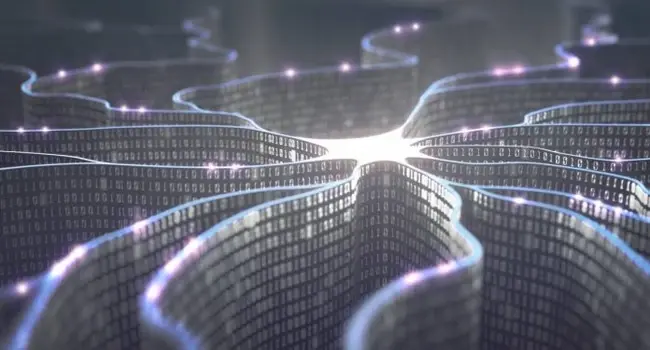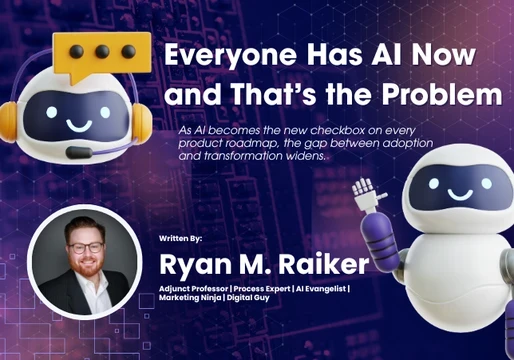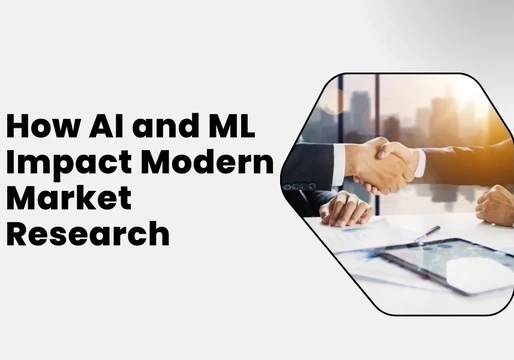It's easy to be ambitious when forecasting uses of artificial intelligence (AI) in business. So far, AI has made waves in healthcare, data management, gaming, and even in tennis, just to name a few, and its potential seems to be never-ending. These alone are good indicators for why IT teams everywhere are turning to AI to streamline processes and enable them to work more efficiently. However, it's important to draw the line between realistic ambitions for AI and just hype.

The promise of self-healing systems
Self-healing IT is among the hopeful predictions for businesses. Also known as 'self-driving', these intelligent systems are built to be able to manage themselves. This involves being able to identify and address system failures at speed, without human intervention. Much like the human body, self-healing systems will be able to return to their desired state after injury. Implementing AI-powered self-healing systems boasts the ability to increase IT efficiency, perform tasks at speed, and relieve the need for a multitude of support staff. While that sounds like a dream, is it necessary?
Errors in AI
Let's look at written code, for example. Understandably, it's attractive to implement a self-healing system that can address any errors in the writing. However, companies should be ensuring that the quality of the code is well written in the first place, rather than relying on an AI system to tell them otherwise. It's difficult to know, but self-healing IT could lead to an underlying compromise in quality. Another consideration is simply that AI is still in trial and error. Many AI projects crash and burn, which makes the suggestion of tearing out existing technology to replace with AI-driven self-healing systems perhaps too soon. In data, going out with the old and in with the new is much too risky. It's important to keep AI and bad data at arm's length from each other. If not, the system could begin to make bad choices based on this. One example of this is Microsoft's Tay AI, which, thanks to other followers, learnt to spout racist abuse on Twitter . The take away from this is that it's important not to get ahead of ourselves. The promises of AI-driven self-healing IT systems are exciting, but companies should carefully consider how necessary it is and whether issues can be fixed by simply reinforcing stricter attitudes towards processes such as data entry.







Comments ( 0 )